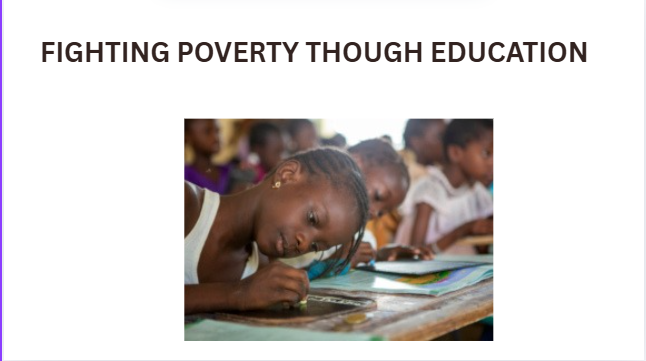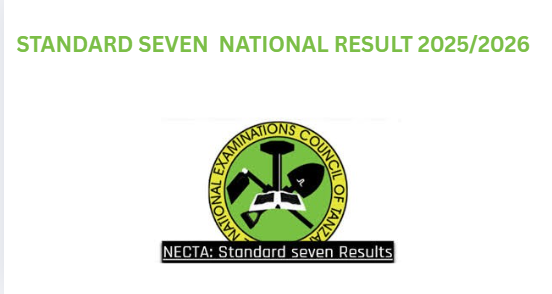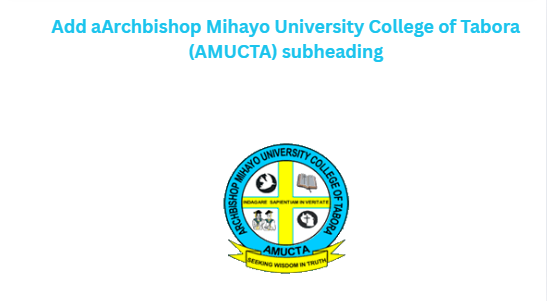Fighting Poverty Through Education:
Unlocking Pathways to a Better Future,
Poverty remains one of the most pressing challenges facing societies worldwide. It traps individuals, families, and entire communities in cycles of hardship, limiting access to basic needs such as food, healthcare, and shelter. One of the most powerful and sustainable tools to break this cycle is education. By empowering individuals with knowledge, skills, and opportunities, education provides a pathway out of poverty and paves the way for social and economic transformation.
Education as a Foundation for Opportunity
Access to quality education equips people with the tools they need to secure employment, earn a stable income, and improve their standard of living. For children born into poverty, education is more than just schooling — it is hope. With literacy, numeracy, and problem-solving skills, individuals are better prepared to compete in the labor market and adapt to evolving economic demands.
A well-educated workforce also attracts investment and stimulates innovation, creating new industries and job opportunities that benefit entire communities. In this way, education fuels both personal success and national development.
Breaking the Cycle of Poverty
Poverty is often intergenerational — children born into disadvantaged households are more likely to remain poor as adults. Education interrupts this cycle. When children from low-income families are given the chance to learn, they can lift not only themselves but also their families and future generations out of poverty.
Girls’ education is particularly transformative. Studies show that educating girls reduces child marriage, improves health outcomes, and increases economic independence. When girls learn, communities thrive.
Education and Empowerment
Beyond economic opportunity, education empowers individuals with awareness and confidence. It teaches people about their rights, encourages civic participation, and reduces vulnerability to exploitation. Education also fosters critical thinking and innovation, enabling people to find local solutions to local challenges.
In rural and marginalized communities, education can empower farmers with modern agricultural knowledge, health workers with life-saving skills, and entrepreneurs with the tools to build sustainable businesses.
The Role of Governments and Society
For education to effectively combat poverty, access must be equitable. Governments, policymakers, and communities have a shared responsibility to ensure:
-
Universal access to primary and secondary education for all children.
-
Affordable higher education and vocational training, especially for marginalized groups.
-
Investment in teachers and infrastructure to improve the quality of learning.
-
Inclusive policies that address barriers such as gender inequality, disabilities, and rural disadvantage.
Partnerships between governments, NGOs, and the private sector are also crucial to provide scholarships, mentorship, and resources that bridge the gap for disadvantaged learners.
Conclusion
Fighting poverty is not just about economic aid — it is about creating sustainable pathways for people to rise above hardship. Education is the most effective and enduring tool for this purpose. By investing in schools, teachers, and lifelong learning opportunities, societies can empower individuals to transform their lives and contribute to the progress of their communities.
In the words often echoed in development circles: “Education is the great equalizer.” When everyone has the chance to learn, poverty loses its grip, and a brighter, more equitable future becomes possible.


